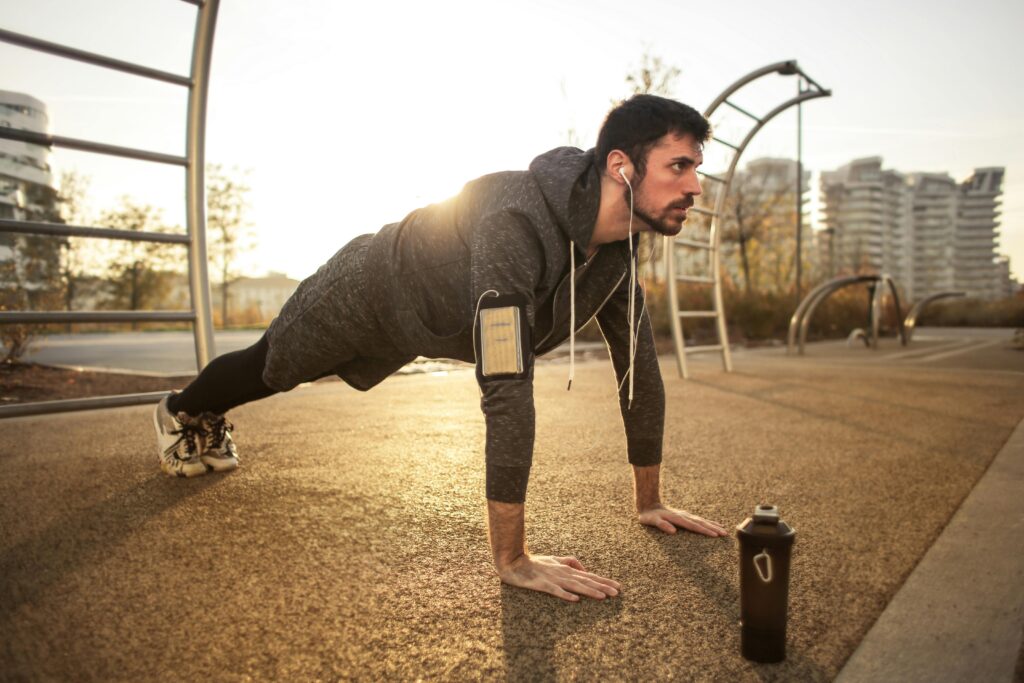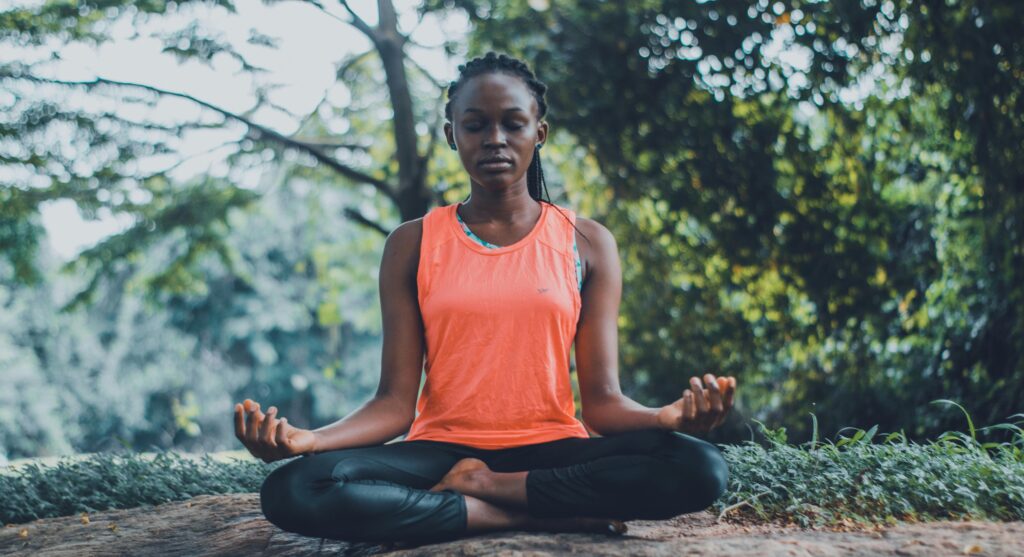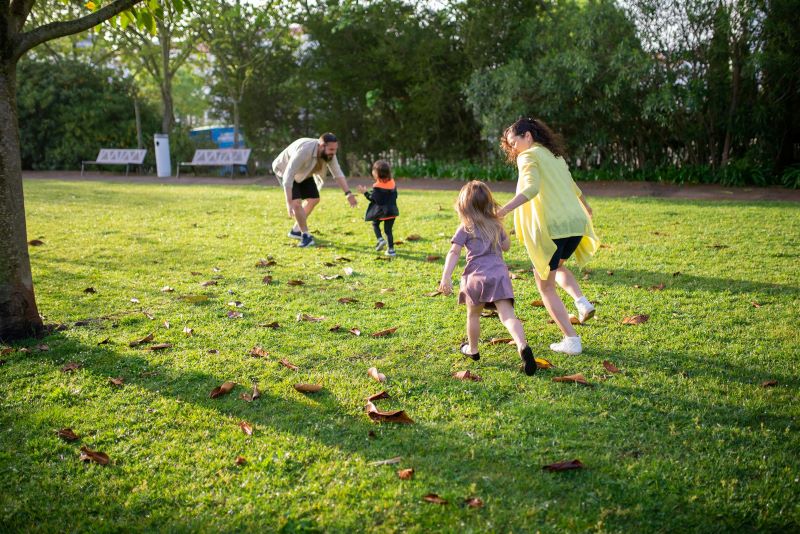In today’s fast-paced world, the importance of fitness and maintaining a healthy lifestyle cannot be overstated. As technology continues to advance and our lives become more sedentary, prioritizing fitness and health is essential for both physical and mental well-being. This article explores the myriad benefits of being active and healthy, emphasizing how these choices positively impact individuals of all ages.

Physical Benefits of Staying Active
Regular physical activity is the cornerstone of a healthy lifestyle. Engaging in exercise, whether it be through sports, gym workouts, or even daily walks, offers a plethora of physical benefits:
- Weight Management: Exercise helps in burning calories and building muscle, which are crucial for maintaining a healthy weight. This is particularly important in an era where obesity rates are rising, leading to numerous health complications such as diabetes and heart disease.
- Cardiovascular Health: Regular exercise strengthens the heart, improves blood circulation, and reduces the risk of cardiovascular diseases. Activities like running, swimming, and cycling are particularly effective in enhancing heart health.

- Stronger Muscles and Bones: Weight-bearing exercises, such as resistance training, help in building and maintaining strong muscles and bones. This is vital in preventing osteoporosis and frailty, especially as one ages.
- Enhanced Flexibility and Balance: Activities like yoga and Pilates improve flexibility and balance, reducing the risk of falls and injuries. This is especially beneficial for older adults who are more susceptible to such incidents.
Mental Health Benefits
The benefits of physical activity extend beyond the physical realm, significantly impacting mental health:
- Stress Reduction: Exercise triggers the release of endorphins, the body’s natural mood elevators. These endorphins help reduce stress and anxiety, promoting a sense of well-being and relaxation.
- Improved Sleep: Regular physical activity helps regulate sleep patterns, leading to deeper and more restful sleep. Quality sleep is essential for cognitive function and overall health.
- Enhanced Cognitive Function: Physical activity boosts blood flow to the brain, enhancing cognitive functions such as memory, attention, and problem-solving skills. This is beneficial for individuals of all ages, from children to the elderly.
- Mood Enhancement: Exercise has been shown to alleviate symptoms of depression and anxiety. The sense of accomplishment and the physical changes that come with regular exercise contribute to improved self-esteem and confidence.

Lifelong Benefits
The benefits of a healthy lifestyle are not confined to any particular age group; they are lifelong. Here’s how different age groups can benefit:

- Children and Adolescents: For younger individuals, regular physical activity is crucial for healthy growth and development. It helps build strong bones, improves coordination, and fosters social skills through team sports and group activities.
- Adults: For adults, staying active helps in managing stress, maintaining a healthy weight, and reducing the risk of chronic diseases. It also promotes better work-life balance and enhances productivity.
- Seniors: For the elderly, regular exercise helps maintain independence by improving strength, balance, and flexibility. It also reduces the risk of chronic conditions such as arthritis, diabetes, and heart disease, ensuring a better quality of life.
Practical Tips for Staying Active
Incorporating fitness into your daily routine doesn’t have to be daunting. Here are some practical tips:
- Set Realistic Goals: Start with small, achievable goals. Gradually increase the intensity and duration of your workouts as your fitness level improves.
- Find Enjoyable Activities: Engage in activities you enjoy, whether it’s dancing, hiking, or playing a sport. This makes it easier to stick with your fitness routine.

- Stay Consistent: Consistency is key. Aim for at least 30 minutes of moderate exercise most days of the week.
- Incorporate Physical Activity into Daily Life: Take the stairs instead of the elevator, walk or bike to nearby places, and engage in active hobbies.
- Seek Support: Join fitness classes or groups to stay motivated. Having a workout buddy can also help keep you accountable.
Conclusion
The importance of fitness and a healthy lifestyle cannot be emphasized enough. From physical benefits like weight management and improved cardiovascular health to mental health advantages such as reduced stress and enhanced cognitive function, the rewards of staying active are vast and varied. Regardless of age, everyone can reap the benefits of regular physical activity. By incorporating simple, enjoyable exercises into your routine and staying consistent, you can lead a healthier, happier life. Remember, it’s never too late to start your ascent towards better health.


